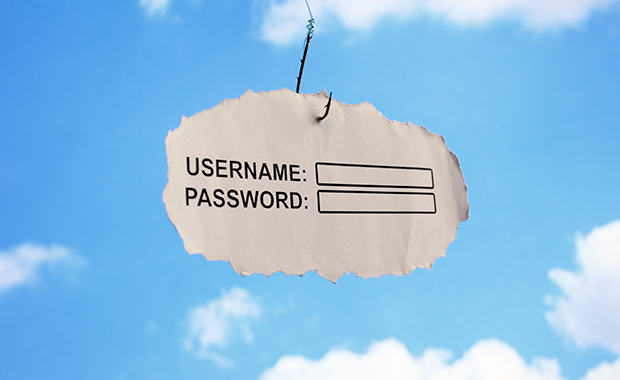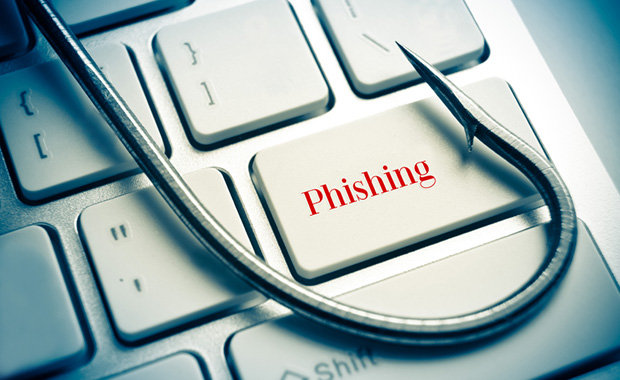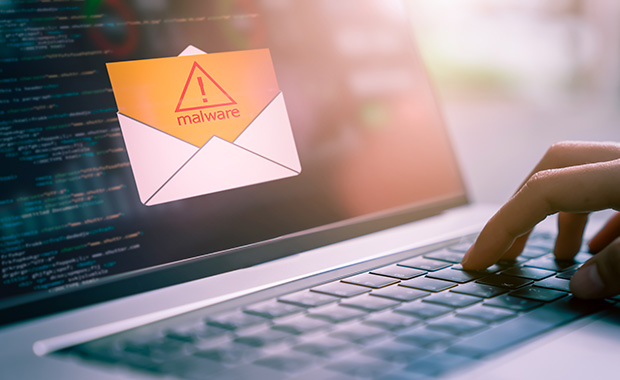How hackers steal passwords - and ways you can protect yours
From sophisticated programs to simple guesswork, there are many ways hackers steal passwords. No matter how your password lands in the hands of a cybercriminal, a hacked email account can be a real headache with often unforeseen consequences. Discover how to protect yourself from the most common methods of password theft.
more
393 people found this article helpful.
Email spoofing: Definition and how spoofing works
A friend tells you they’ve received a strange email from your address, but there’s no sign of suspicious emails in your sent mail folder. Your caller ID shows a number you recognize, but there’s a strange voice on the other end of the line. Both of these are examples of spoofing, or communications under a faked name.
more
87 people found this article helpful.
What is an ecard? How to (safely) send last-minute holiday greetings
Are ecards still a thing? They may seem like a relic belonging to the early days of the internet, but in 2021 the New York Times reported a pandemic-related resurgence in ecards. Ecards are not just sent as email attachments anymore – there are also versions to send by text message or on social media platforms.
more
318 people found this article helpful.
Don’t get hooked: Avoid phishing with these 2024 blog posts
Phishing scams grow more sophisticated every year, using deceptive tricks to steal your personal information and compromise your security. And taking the bait can have serious consequences: identity theft, financial loss, and data breaches.
more
12 people found this article helpful.
Malware types: Do you know the true meaning of malware?
Feeling cybersecure? Ever stared at the computer screen hoping a malware attack was just some horrible practical joke? If you are like the rest of us and have experienced this moment, then don’t worry we’ve got your back.
more
2,399 people found this article helpful.
Black Friday turns into spam week: 10% spike in phishing emails
As online shoppers gear up for Black Friday bargains, email provider mail.com highlights an often-overlooked downside of the season: a 10% rise in spam and phishing emails. The sharp increase during Black Friday week reflects how scammers exploit the seasonal shopping rush.
more
17 people found this article helpful.
Deepfake phishing: A new wave of cybercrime & how to protect yourself
Online phishing scams are getting scarier by the minute. Thanks to the rapid evolution of artificial intelligence, phishing attacks now have a new weapon: deepfake technology.
more
131 people found this article helpful.
I know where you live: Creepy scam emails with personal details
Phishing emails are bad enough. But have you ever opened your inbox to find a threatening message claiming that hackers have access to your webcam – complete with some personal information or even a photo of your home? These frightening emails are part of a growing trend of blackmail email phishing scams and extortion online.
more
51 people found this article helpful.
What does a phishing link look like? How to check links safely
There seems to be no end to fake emails that are cleverly designed to look like real messages from legitimate companies. As these phishing scams grow more convincing, how can you tell the fakes from the real thing? One line of defense: Learning how to spot a phishing link.
more
106 people found this article helpful.
Ask the expert: How to protect yourself from spam and phishing
Viviana is an expert in our Mail Security team. One of her main responsibilities is protecting our users from spam emails and phishing attacks. In this interview, she tells us why inboxes have a spam folder and why not all “bad” emails are deleted automatically. Plus, she shares some pro tips for recognizing email scams.
more
58 people found this article helpful.









